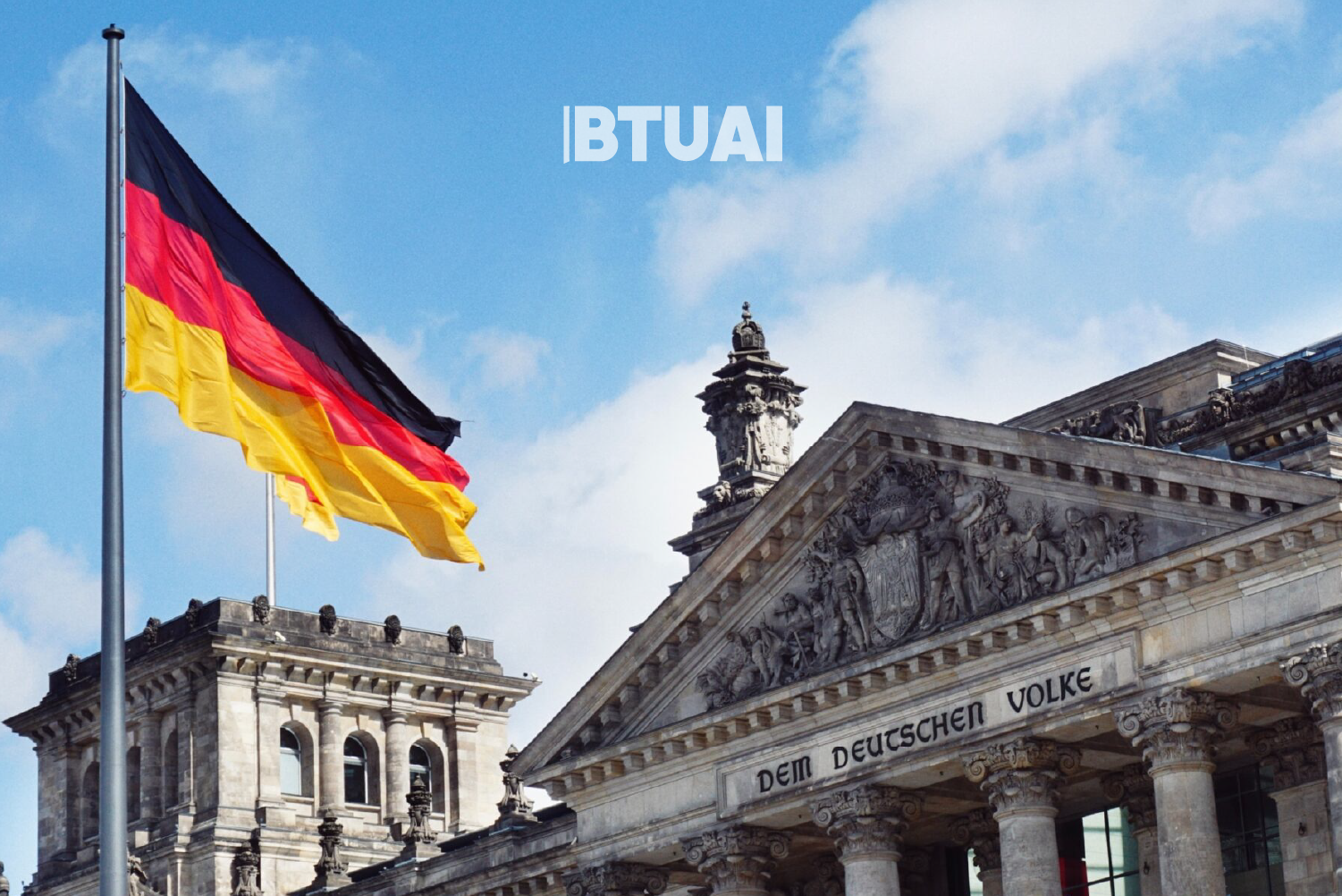Germany’s Economic Model in Crisis
Germany, which for decades has been a symbol of economic growth in Europe and worldwide, is now facing historic

Germany, which for decades has been a symbol of economic growth in Europe and worldwide, is now facing historic challenges. The export-based economic model that brought the country global success is beginning to show cracks. China’s economic slowdown, the threat of U.S. trade tariffs, and skyrocketing energy costs are just a few of the many factors harming Germany’s economic stability.
Germany’s success has been primarily built on an export-oriented manufacturing industry, particularly in the automotive sector. The city of Ingolstadt, home to Audi’s headquarters, is an example of how industry can drive regional economic development. However, today, this city has become a symbol of the systemic problems facing Germany’s economy. Audi’s profitability has declined by 91% in recent years, while its sales in China have dropped by 25%. This issue is not limited to just one company—similar challenges are affecting the entire German automotive sector, which directly impacts jobs, municipal budgets, and overall economic stability.
Ingolstadt’s situation clearly illustrates the social consequences of the crisis. The tax revenues Audi previously contributed, which made up a significant portion of the city’s budget, have drastically decreased, forcing the local government to cut expenses. Cultural events have been canceled, the cost of municipal services has increased, and the mayor is now negotiating with Chinese companies to attract new investments.
China, once the primary consumer of German exports, has now become the world’s largest automobile exporter itself. Chinese companies, which were once not taken seriously, are now dominating global markets with cutting-edge technology and innovation. Their state subsidies and lower production costs pose a serious threat to German industrial giants.
This trend is particularly painful for Germany because its economy is overly dependent on exports. Today, exports account for 43% of Germany’s GDP—four times more than the U.S. and twice as much as China. Such a heavy reliance on global markets becomes especially problematic when international trade slows down, and geopolitical tensions create additional barriers for businesses.
Energy costs are another critical challenge for Germany. The shutdown of Russian gas supplies, the closure of nuclear power plants, and the premature transition to renewable energy sources have severely impacted German companies. Energy prices in Germany are ten times higher than in Texas, for example. This is especially damaging to energy-intensive industries such as automotive and chemical manufacturing.
As a result of this crisis, many companies—including those that have been operating for over a century—are facing financial instability. Some have already declared bankruptcy, while others are working at reduced capacity, leading to widespread job losses.
Another major problem for Germany is the lack of investment. The country is falling behind in innovative sectors such as artificial intelligence and IT. Germany’s spending on research and development is only 3.1% of GDP, which significantly lags behind South Korea and the U.S. In addition, outdated infrastructure is hindering the growth of modern industries. The German transportation system, once a model of efficiency, is now struggling with serious issues, leading to increased costs and inefficiencies.
In this difficult situation, German politicians are still acting with inertia. Most of them are not offering the fundamental changes needed to create a new economic model. Their main approach remains focused on optimizing the old system, but this is no longer enough.
Economists believe that Germany needs not only to reduce its reliance on exports but also to develop new sectors such as digital technology, renewable energy, and services. However, discussions about these necessary transformations are nearly absent, as their implementation faces political and social resistance.
Germany has a unique opportunity to leverage its industrial heritage and build a new model that meets the challenges of the 21st century. This would require not only investments in technology but also social and economic reforms that strengthen the domestic market and ensure sustainable development.
However, if Germany fails to implement timely reforms, its position as an economic leader will be seriously weakened, affecting not only the country itself but all of Europe. Therefore, Germany urgently needs bold and creative solutions to turn its economic crisis into a new opportunity for growth.




